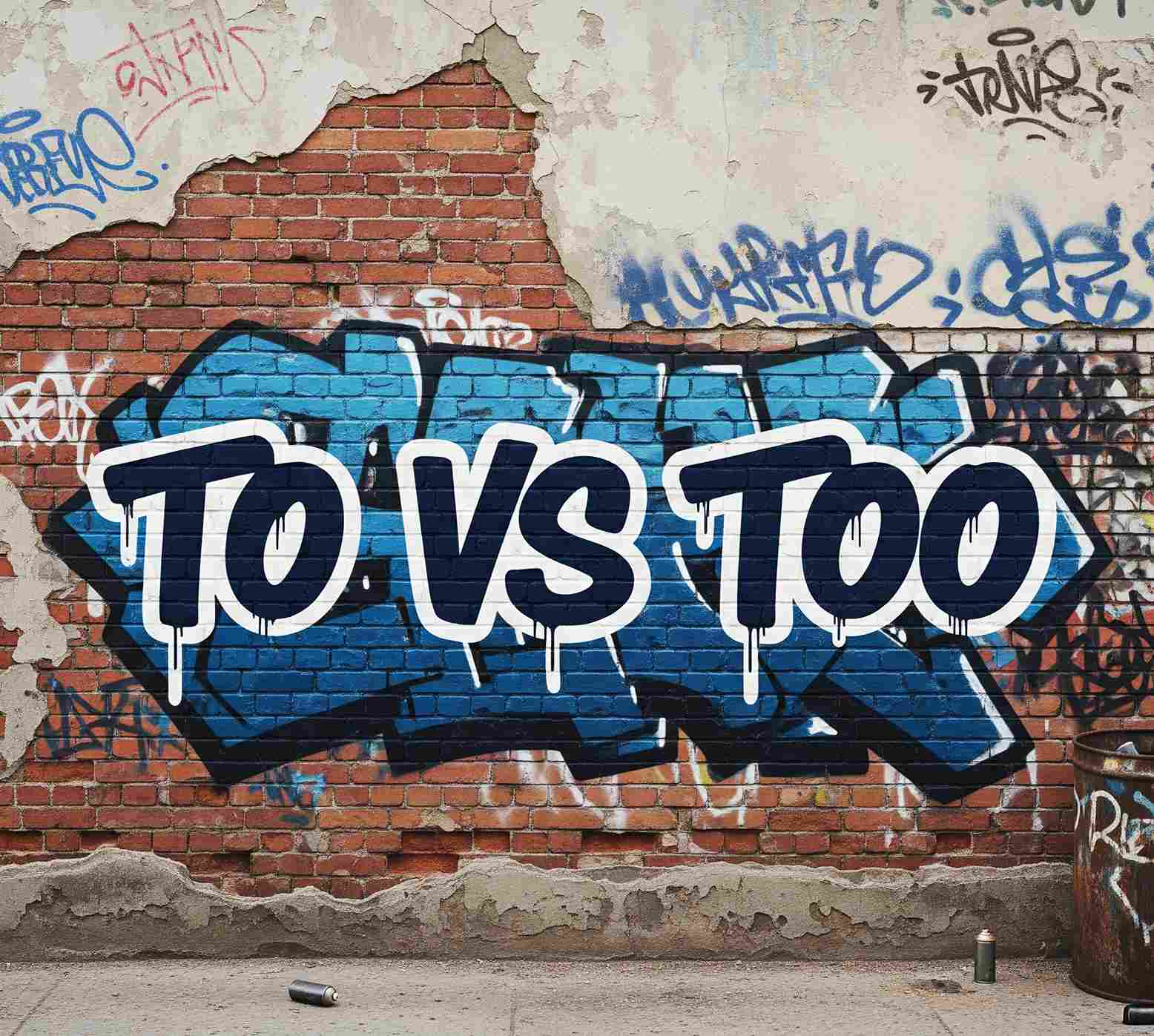In a world crowded with complex sentences and technical terminology, we believe communication should be simple and accessible for all. Our mission is to teach the principles of plain English, empowering individuals to express their ideas clearly and effectively, whether in professional or personal settings.
Learn Plain English


Hello, Hi, or Hey? Understanding the Different Ways to Greet in English
Greetings are the first step in any conversation—they set the tone and establish a friendly connection. Among the various ways to say hello, "Hi" is one of the most commonly used informal greetings in English. But what does "hi" really mean? When and how is it used? In this comprehensive guide, we’ll explore the greeting... see more

The Opposite of Snow: A Complete Guide to Contrasts in Nature and Language
Hey friends! Have you ever stared up at a snowy winter sky and wondered, What’s the opposite of snow? If you’ve thought about it, you’re not alone. Snow is such a distinct part of winter, but in reality, anything that contrasts with it helps us understand it better. Today, I’ll take you on a journey… see more

Opposite Of Recuse: A Complete Guide to Understanding and Using the Term
Hey friends! Have you ever come across the word "recuse" and wondered what its opposite is? Maybe you're puzzling over how to describe someone who chooses to stay involved or someone who is suitable to handle a case. Well, today we're diving deep into the opposite of recuse—what it means, how to use it, and… see more

Opposite of Abysmal: A Complete Guide to Words That Shine
Hey there! Have you ever looked at an experience, project, or trait and thought, "Wow, that was truly terrible"? Maybe you’ve used the word “abysmal” to describe the worst of the worst — like a bad meal, poor service, or an unsuccessful effort. But what’s the opposite of “abysmal”? What word can truly capture brilliance,… see more

Unlocking the Opposite of Untidy: A Complete Guide to Symmetry and Neatness in Language and Life
Introduction Have you ever wondered what the opposite of "untidy" really is? Maybe you're trying to tidy up your work desk, organize your closet, or just want to expand your vocab to describe a clean, orderly space or personality. Well, understanding the opposite of "untidy" isn't just about labeling—it's about embracing clarity, structure, and cleanliness… see more

Understanding the Opposite of Trite: A Complete Guide to Fresh and Original Language
Have you ever read a phrase that just felt overused or * cliched*? Maybe it sounded nice the first time, but now it feels dull and uninspired. That’s where understanding the opposite of trite becomes important. Whether you're a student, writer, or professional communicator, knowing how to express ideas in fresh, engaging ways can make… see more

Understanding the Opposite of Movement in English Grammar
Hey friends! Today, we’re diving into a fascinating grammar topic that might seem simple at first but actually has many layers—the opposite of movement. Have you ever wondered how to describe things that stay still or don’t move? Or maybe you've heard phrases like "The car is stationary" or "He remains seated" but you're unsure… see more

The Opposite of Unavailable: A Complete Guide to Understanding and Using Alternatives
Hey there! Have you ever wondered what words mean when they’re the opposite of “unavailable”? Maybe you’re writing a report, having a casual chat, or learning English — knowing these words can make your language clearer and more precise. Today, I’ll show you everything you need to know about the opposite of unavailable — from… see more
Want to know more?
Do you have a question or are you keen to find out more about working with us? We’d love to hear from you and we’re always happy to help.

